
|
 Cartoon by Old Tang
|
|
More people are suffering from sleep problems today. In China, 38 percent of people suffer from sleep problems, compared to the world average of 27 percent. The problems, if not properly addressed, will affect their work and life. But many are not aware of the problems and do not consult a doctor. Today (March 21) is the World Sleep Day,let's learn more about sleep. |
|
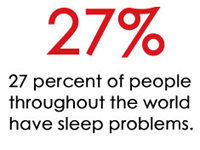 |
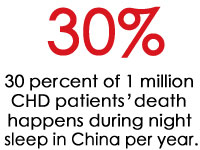 |
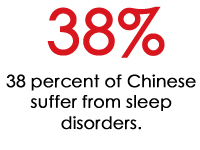 |
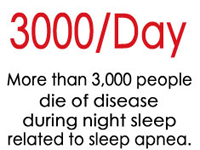 |
|
Sleep problems |
|
|
38% of Chinese suffer from sleep disorder
In China, 38 percent of people suffer from various kinds of sleep problems, compared to the world average of 27 percent, according to the Chinese Sleep Research Society (CSRS). Currently there are over 80 kinds of sleep disorders, and most people are not aware that sleep disorder can trigger heart disease. Every year, more than 1 million people die of coronary disease, according to CSRS on March 16, 2013. [More] |
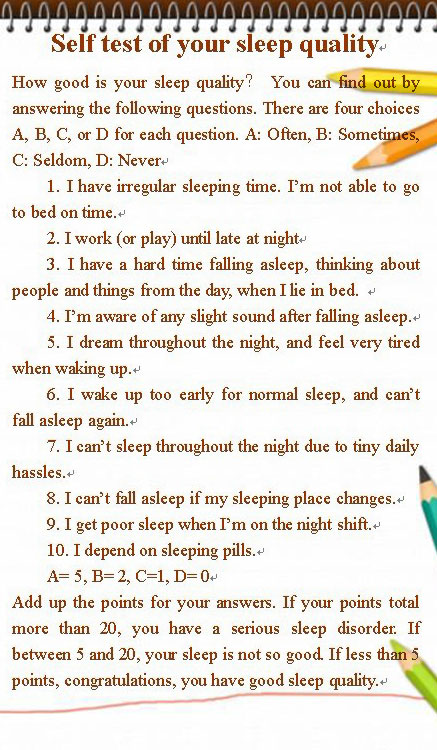 |
|
Most white-collar workers have sleep problems Almost 80 percent of Chinese white-collar workers have poor sleep quality, and 70 percent have a lackluster sexual life, a recent research project showed. The project was conducted by the Chinese Medical Doctors Association from Aug 30 to Oct 20. Its aim was to find out about the health situation of young people. [More] |
|
|
80% of Chinese school kids lack sleep
Nearly 80 percent of Chinese school students do not get enough sleep, Beijing News reported Monday. The sleep time for primary and middle school students has been decreasing consecutively for a number of years, according to the Research Report on Ten-Year Development of Chinese Youth and Children (1999-2010). [More] |
|
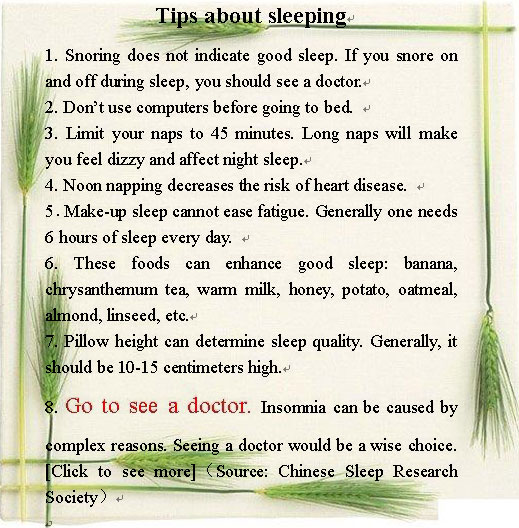 |
Harm of sleep problems
|
|
Few sleep disorder sufferers see doctor More than 40 percent of Chinese people suffer from sleep disorders, but less than 1 percent have been diagnosed or treated, experts said. Working people, particularly shift workers in cities who have fast-paced lifestyles, have the highest risk of sleep problems. [More] |
|
|
Too little sleep raises obesity risk in kids
Children aged four and under who get less than 10 hours of sleep a night are nearly twice as likely to be overweight or obese five years later, according to a US study. [More] |
|
|
Sleep problems lead to cognitive decline Interventions to normalize sleep duration and correct sleep disorders have potential to reduce or prevent cognitive decline, according to studies presented here Monday at the Alzheimer's Association International Conference. [More] |
|
Sleep shows personalities |
|||
|
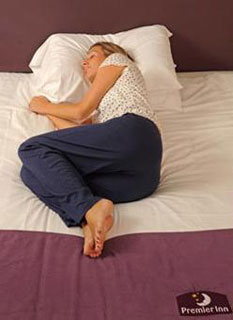 |
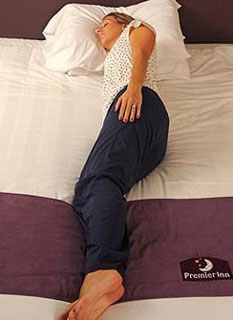 |
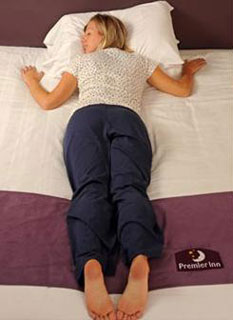 |
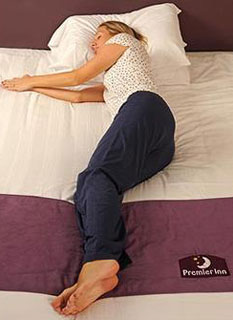 |
| More than half of British adults sleep in the "foetal" position, curled up on their side with knees tucked in. This stance, favored by worriers, is said to show the sleeper is seeking to return to their comfort zone after a stressful day. Foetal sleepers are conscientious, ordered and like things in their place, but are also in danger of over-thinking problems and worrying unnecessarily. | The research revealed the "log" as the 2nd most popular position, adopted by nearly 3 in every 10 people. The log position, with a straight body and limbs at the sides, shows a person is inflexible and rigid in thinking, set in their ways and stubborn. They may appear bossy to others. | A quarter of people classed themselves as "yearners", sleeping with their arms stretched out in front as though they are chasing their dreams or being chased. This means they want more from life and are willing to "go out there and get it with both hands", eager to face the next day. They can be their own worst critics, expecting great results in everything they do and giving up quickly when things don't go well. | A further 17% of respondents classed themselves as "freefallers", sleeping face down with their arms outstretched. Often clutching their pillow, they can appear to be "holding on for dear life". Those who adopt it can feel as if life "happens around them" and they are just "hanging on for the ride", believing they lack control over what will happen the next day. |
|
Fun pictures |